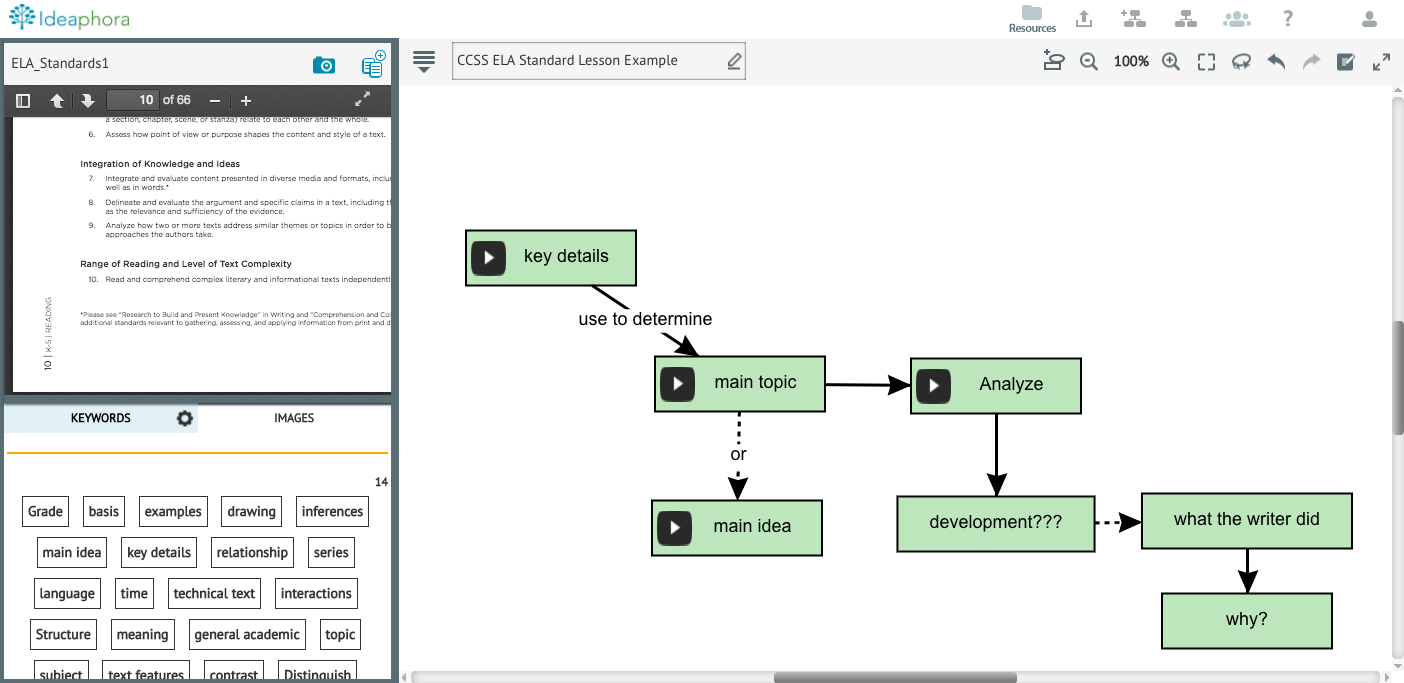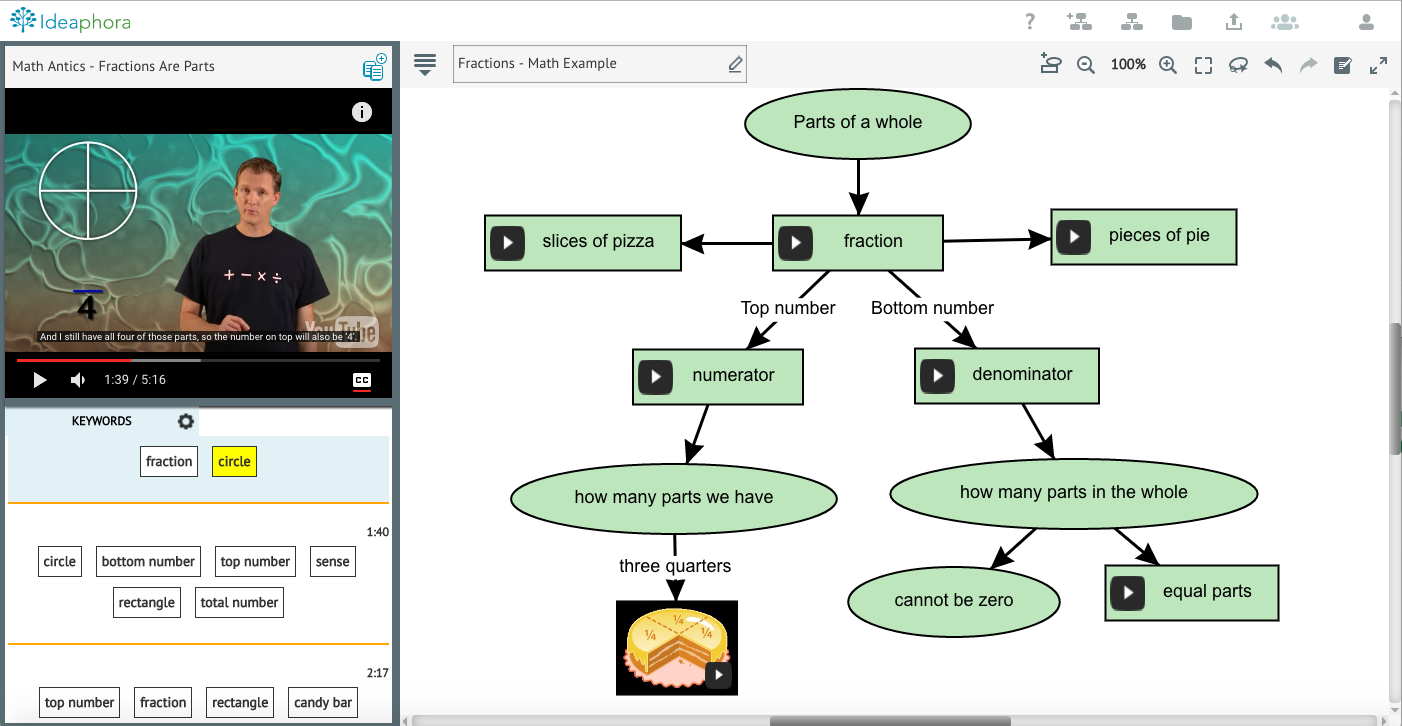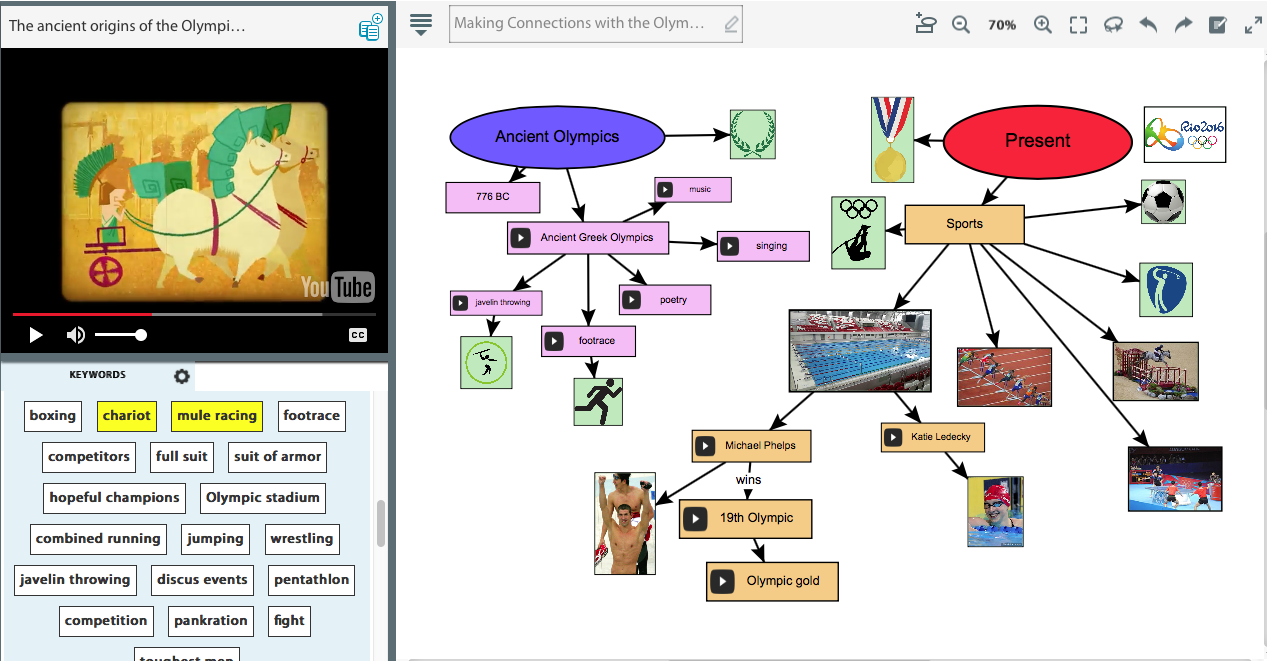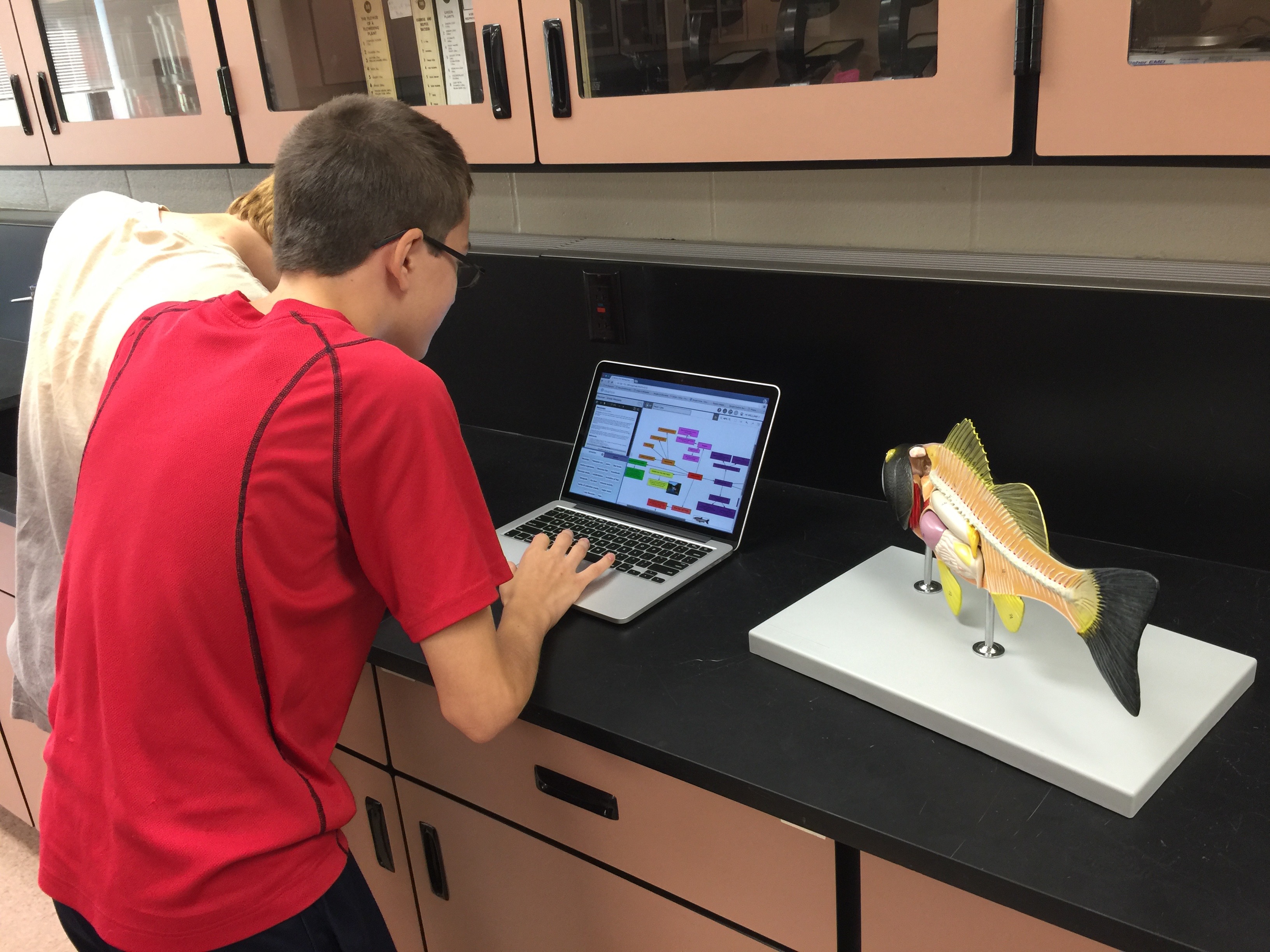I’ve spoken before of my mentor in graduate school, Donald Graves. He used to say that one of the most important questions we could ask, as educators, citizens or even humans, was: What’s it for? Whether an educational policy or a political stance, he’d tell us, “What it’s for has everything to do with what we’re for.”
Demystifying Standards
Mapping Math
Concept mapping in math is often overlooked yet it can significantly deepen students’ understanding of mathematical concepts, particularly those that are complex or hard-to-understand.
According to authors Pamela Grossman, Alan Schoenfeld, and Carol Lee, writing in the book, Preparing Teachers for a Changing World: What Teachers Should Know and Be Able to Do, mathematics education should focus on helping students learn when a particular approach is useful and how to apply appropriately, which greatly depends on robust understandings of concepts. They state, “robust understandings come from seeing the same concepts from multiple perspectives and representing and using them in multiple ways, thereby developing connected webs of understanding rather than rote memorization of facts and procedures. Common Core and other state standards require students learn math concepts as rigorously as they learn skills and fluency, necessitating a shift from past teaching practices. Students must be able to access concepts from a number of perspectives in order to see math as more than a set of mnemonics or discrete procedures.
Lessons from The Biggest Summer Event (Every 4 Years)
This month we launched our online concept mapping environment for individual users, becoming the first concept-mapping tool that integrates seamlessly with a wide range of digital resources. No other products on the market offer semantic analysis of digital content to aid learning and ease-of-use nor present resources side-by-side the mapping canvas. The timing of our kick-off couldn’t have been better.
While we were embarking on a historic journey in edtech, another momentous occasion began in August in Brazil.
Grant Winners Announced!
We are pleased to announce the winners of the Ideaphora Connecting Knowledge Grants. After careful review, the judging panel has selected three well-deserving educators:
- $1,500 grant winner: Mike Jones, STEM instructor and technology coach, Bloomington School District 87, Bloomington, Illinois
- $500 grant winter: Kayley Bowie, middle school teacher, Crestomere School (Wolf Creek Public Schools,) Alberta
- $500 grant winner: Christi Collins, second grade teacher, Wise Primary School (Wise County Public Schools) Wise, Virginia




